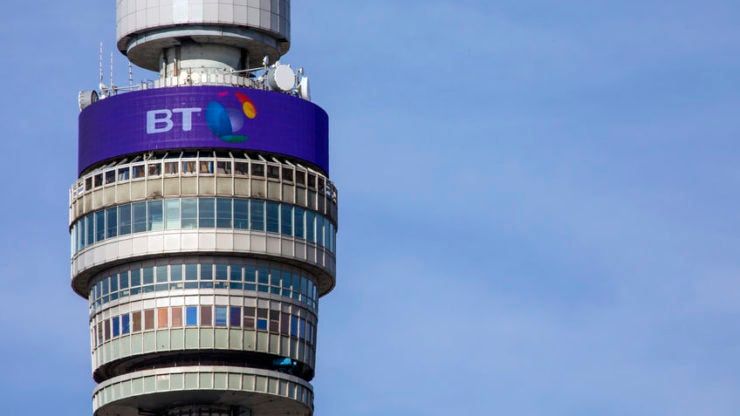BT Group (LON: BT.A) share price has staged a strong comeback this year, making it one of the best-performing companies in the FTSE 100 index. It rallied to the year-to-date high of 152p in September, up by over 56% from its lowest point in February.
Major investments
BT Group’s stock has done well because of the recent major investments by some of the leading telecom investors globally.
Carlos Slim, one of the richest people in the world, and the CEO of American Movil, took a 3% stake in the company worth over £400 million in June. He then added to the stake, bringing his total ownership to 4.3%.
This is notable since Slim knows the telecom industry well as the founder of American Movil, a company that dominates the sector in Latin America and has a market cap of over $50 billion.
Bharti Airtel, which BT Group used to be a big investor in decades ago, has also taken a big stake in the company. It acquired a 23% stake from Patrick Drahi, the founder of Altice, a highly leveraged company. Drahi sold his stake to deal with his substantial debt load.
BT Group is also owned by Deutsche Telekom, a large German company that also owns T-Mobile, one of the best-performing companies in the US.
Altogether, the three entities own almost 40% of the company, meaning that they see value in it.
BT Group’s business is doing well
BT Group’s shares have also soared because the company’s business is doing modestly well. Like most telecoms, its revenue is not growing as it used to before, but has been stable this year.
The most recent financial results showed that BT Group’s revenue retreated by 2% in the first quarter of FY 25. Revenue fell to £5.05 billion from the £5.16 billion it made in the same period last year.
Most of this retreat came from BT Business, which provides broadband solutions to companies of all sizes. Some of its solutions are broadband connectivity, WI-FI, cloud computing, and business mobile plans.
BT Business revenue retreated by 5% to £1.9 billion during the quarter, while its adjusted EBITDA fell by 2% to £378 million.
BT Group’s consumer business also had some weakness during the quarter as its revenue dropped by 2% to £2.4 billion.
The two segments were offset by the Openreach business whose revenue rose by 2% to £1.5 billion. Openreach is an important segment that connects millions of customers to the internet through fiber and copper cables.
The brand also allows other service providers like Sky, TalkTalk, and Vodafone to use its infrastructure to deliver services to consumers.
Altogether, BT Group’s revenue dropped from £5.1 billion in Q1’24 to £5.04 billion in Q1’25. This trend is expected to continue. According to the consensus posted on its website, analysts expect that its second-quarter revenue will be £5.2 billion, down by 0.6% from the same period last year.
For the year, analysts expect that its revenue will be £20.75 billion, followed by £20.8 billion and £20.9 billion in the next two financial years.
Its annual profits are also expected to continue improving in the coming years, with its profits expected to rise to £8.2 billion, £8.3 billion, and £8.45 billion in the next three financial years.
A key potential catalyst for the stock is the ongoing reduction in costs and capital expenditure. On costs, the company has pledged to slash thousands of jobs in the next few years.
According to the management, about 11 to 16 million homes are left in the fibre rollout. The company hopes to get to the 26 million targets by 2026, which is achievable since it is adding 4 million homes annually.
Analysts estimate that the remaining CAPEX is about £11 billion since it costs about £840 million to connect 1 million customers. Therefore, there is a likelihood that the CAPEX investments have peaked in the past few years.
Read more: BT share price analysis: technicals point to a 44% jump
BT Group share price analysis
BT chart by TradingView
The daily chart shows that the BT Group stock price has been in a slow uptrend in the past few months.
It has formed an ascending channel shown in black, and remained above the 50-day and 100-day moving averages.
The current price is notable since it was the highest swing on April 19 last year. At the same time, the MACD and the Relative Strength Index (RSI) have formed a bearish divergence pattern.
Therefore, while more gains are possible, a bearish breakout cannot be ruled out. Such a breakout may happen when the company publishes its financial results on November 7 this year. The alternative scenario is where it rebounds to 152p, the upper side of the ascending channel.
The post BT Group share price could dump as bearish divergence forms appeared first on Invezz

